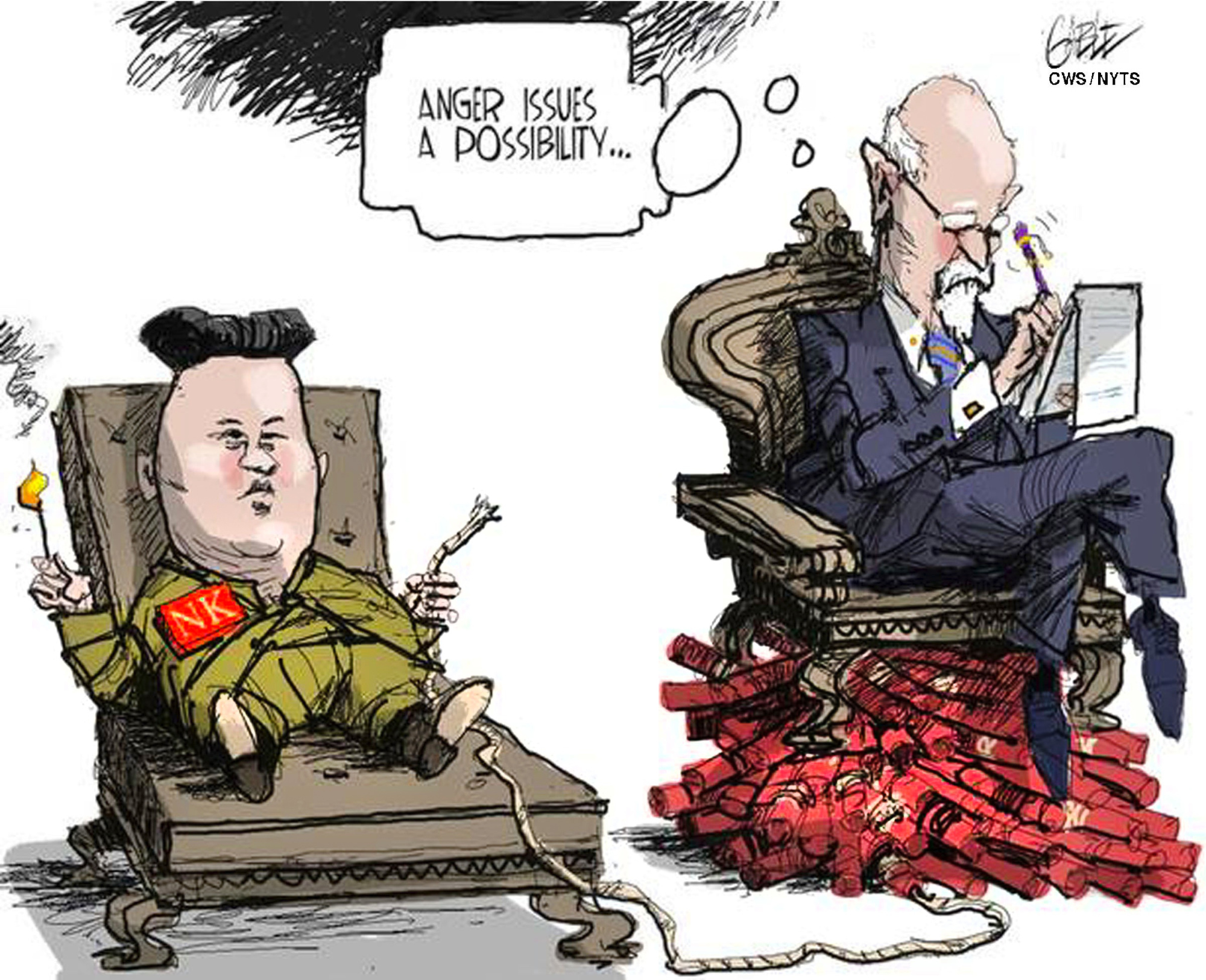North Korea's threat to peace and security on the Korean Peninsula, and in Northeast Asia at large, reached a new level with the recent assassination in Kuala Lumpur of Kim Jong Nam, the estranged half-brother of North Korean leader Kim Jong Un. While investigation on the murder case is still ongoing, the Malaysian police have announced that elder Kim was killed by VX nerve agent in a terrorist scheme suspected to have been masterminded by Pyongyang.
While North Korea has denied its involvement and accused Malaysia of fabricating the story, the Malaysian government has recalled its ambassador from Pyongyang, expelled the North Korean ambassador as a "persona non grata" and suspended its visa-free entry program for North Koreans. In a diplomatic tit for tat, each country also banned the other's resident nationals from leaving. The friendly relations that the two countries used to enjoy as fellow members of the Non-Aligned Movement have deteriorated quickly since Kim's murder on Feb. 13 to the brink of diplomatic severance.
The use of VX nerve agent in the killing of Kim Jong Nam is a stark reminder that North Korea's threat to regional peace and security is not just its nuclear weapons but also chemical weapons that Pyongyang can deliver with its ballistic missile technologies. Chemical weapons are often called "the poor man's atom bomb" because of their relatively low development costs and the devastating effects in terms of casualties. North Korea, not a party to the 1993 Chemical Weapons Convention that bans production and possession of chemical weapons, is believed to have stockpiles of several thousand tons of chemical weapons, including nerve agents such as VX.


















With your current subscription plan you can comment on stories. However, before writing your first comment, please create a display name in the Profile section of your subscriber account page.